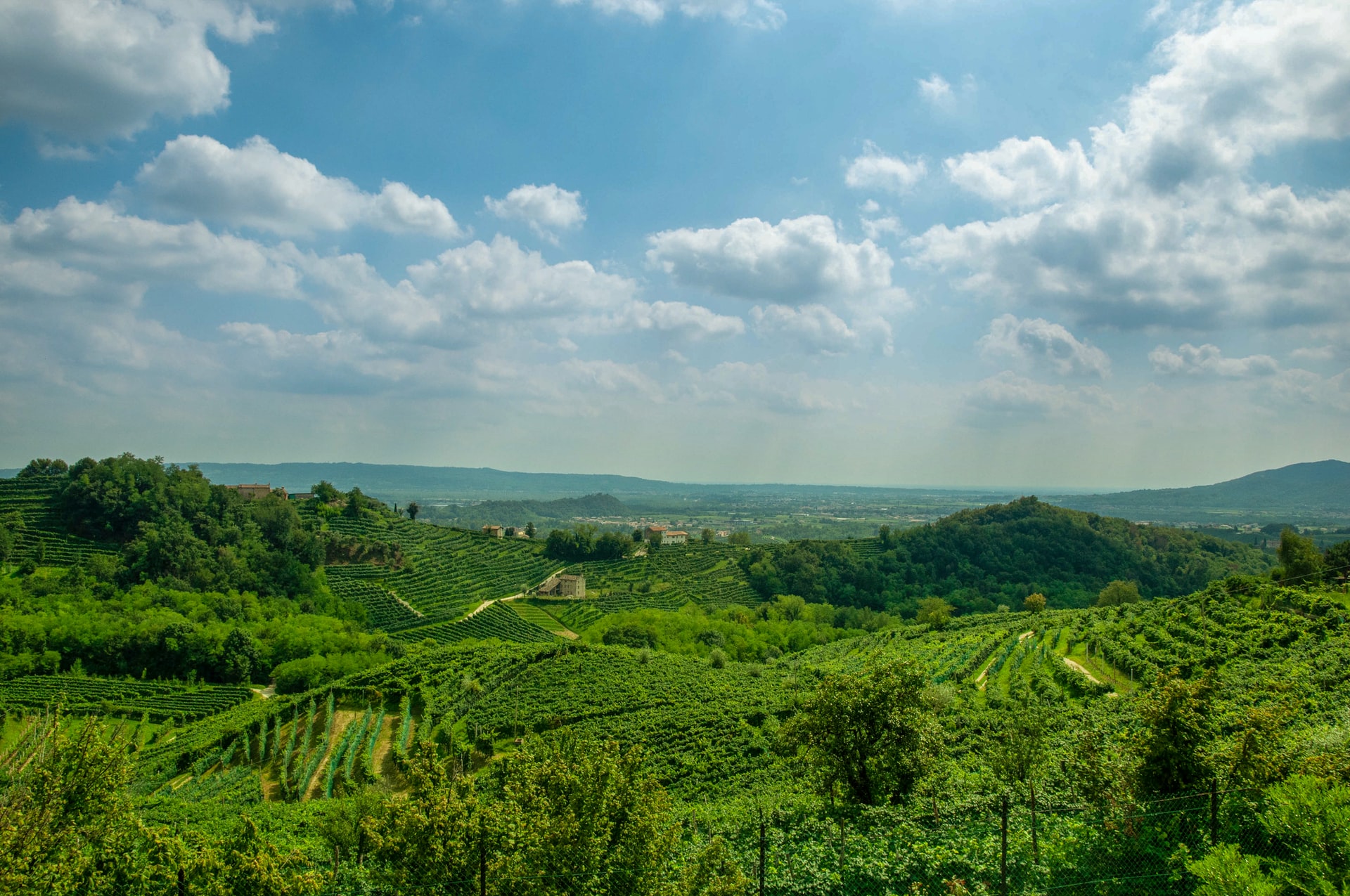
REPORT: Interreg Europe Workshop on competitive and sustainable tourism
-
21/09/2021
-
Members
On Tuesday 21 September 2021, the Interreg Europe Policy Learning Platform hosted an on-line thematic workshop on competitive and sustainable tourism. The main take-away was the keynote from the European Commission on Transition Pathway, their solution to support a more resilient, sustainable, and digital Tourism ecosystem.
Read the full report with video recordings and all the presentations.
Transition Pathway: supporting more resilient, sustainable and digital Tourism ecosystem
“The tourism ecosystem is slowly picking up with good numbers in some sectors, but tourism is still in crisis mode”, said Ramune Genzbigelyte Venturi from the Unit for Tourism and Textiles Tourism Team within the DG Internal Market, Industry, Entrepreneurship and SMEs (DG GROW). Destinations have adapted their offer, substituting international travel to local adventures. “Statistically, we can see a peak of business confidence in the summer” she added. NECSTouR members will be able to see most of this results in the DG REGIO study on the regional impacts of COVID to be released soon.
“Tourism was one of the most impacted sectors in the crisis but also the first ecosystem to go ahead with the transition” explained Ramune Genzbigelyte Venturi. “Therefore, tourism is included in the renewed industrial strategy for transition pathways”. The goal is to provide financial support for sustainable and competitive tourism under European Structural and Investment Funds (ESIF).
After the consultation, the European Commission will organise workshops with stakeholders in November to draw a tangible roadmap to create the vision of tourism for 2030/2050. A final document is expected for the end of this year to start the EU agenda for tourism in the next decade. NECSTouR has been at the side of the European Commission during the whole process.
Ramune Genzbigelyte Venturi concluded by reminding the relevance of tourism for Interreg during the funding period 2021-2027: “investments in tourism are possible through all 5 policy objectives supported by the ERDF”. Some countries have added measures supporting tourism, either separately or horizontally, in the member states’ recovery plans.
Download the presentation from DG GROW.
Community engagement for a richer, slower, more sustainable tourism
Thomas Guillot, our project officer, presented the results of the session on tourism "Off the beaten track" where we had a good demonstration of the diversity of products developed in the framework of the Interreg Europe programme. The strategy was mainly through developing new geographically distributed and off-season tourism offers.
- The Prosecco Hills initiative is trying to develop an alternative attractor for a better balance in their regional tourism (between the Dolomites and Venice). The involvement of companies and vineyards proves that competitiveness and sustainability are not necessarily opposed. Download the presentation of Alberto Ferri.
- The Teruel Province in Aragon (Spain) has developed new skills to adapt to a post-covid period and redirected their effort towards staycation from their local visitors with regional communication initiatives. A good example of local recovery plan. Download the presentation of Laura Gascón Herrero.
- The 1600 km of Via Transilvanica in Romania is a very good example of community involvement through local authorities and public/private partnership, piloted by an NGO with the help of volunteers and ambassadors. It’s the only tourism initiative at this scale in Romania. Download the presentation of Alexandra Varzan.
This e-workshop put the spotlight a number of successful strategies that are driving this recovery by bringing visitors to remote areas, attracting both local and international tourists and increasing overnight stays. A key success factor has been the collaboration of dispersed actors through functioning networks that work under a common branding, as well as the launch communication strategies and marketing campaigns.
Discover the results of the precedent Interreg Europe workshop on rivers where NECSTouR was also present.